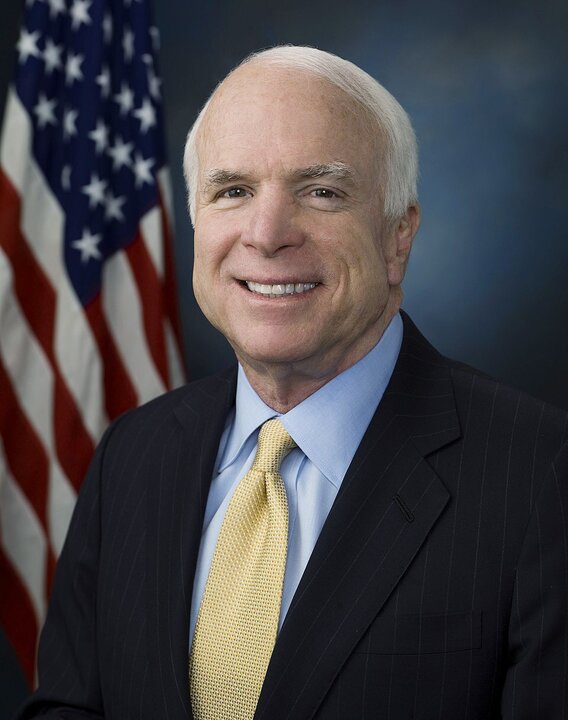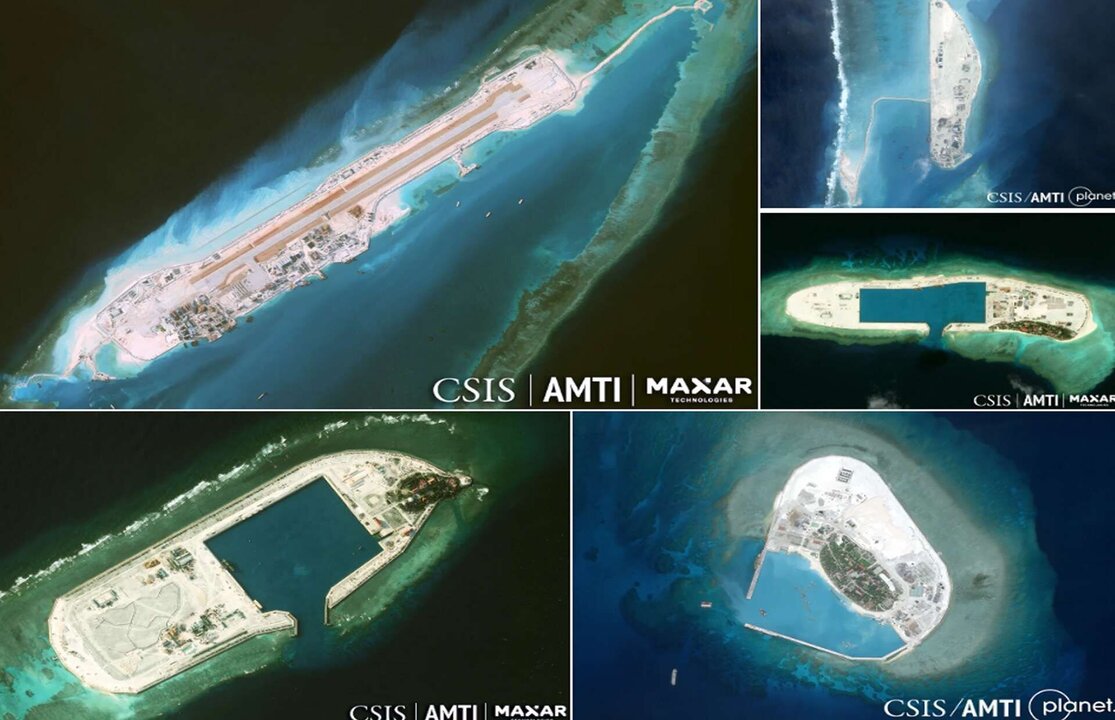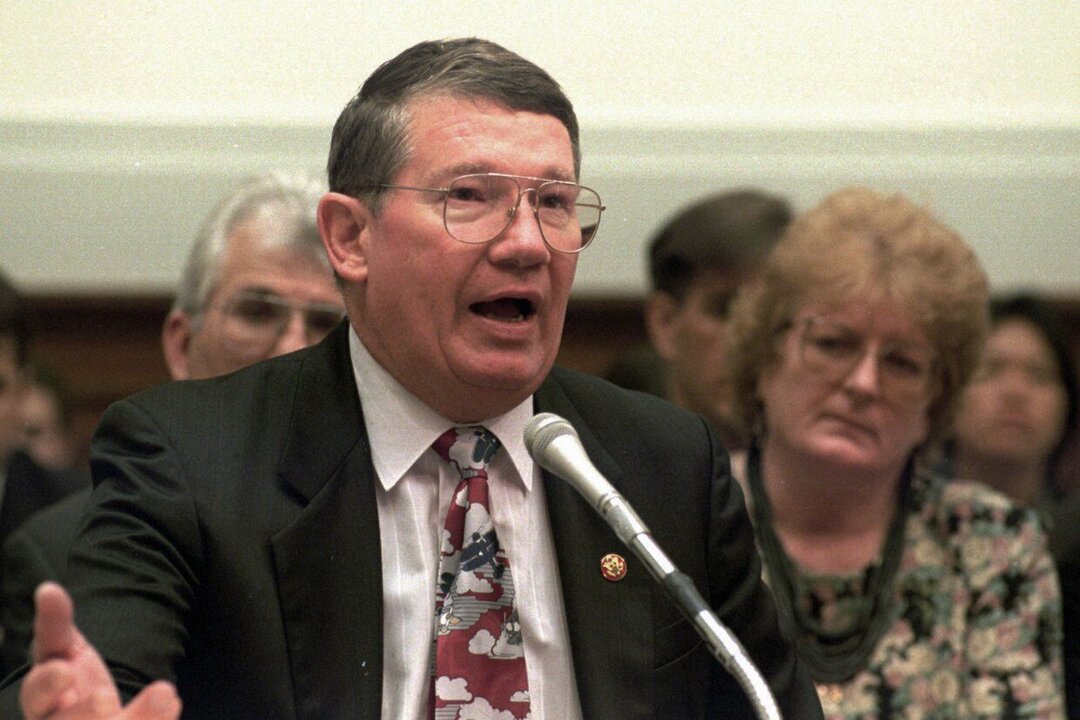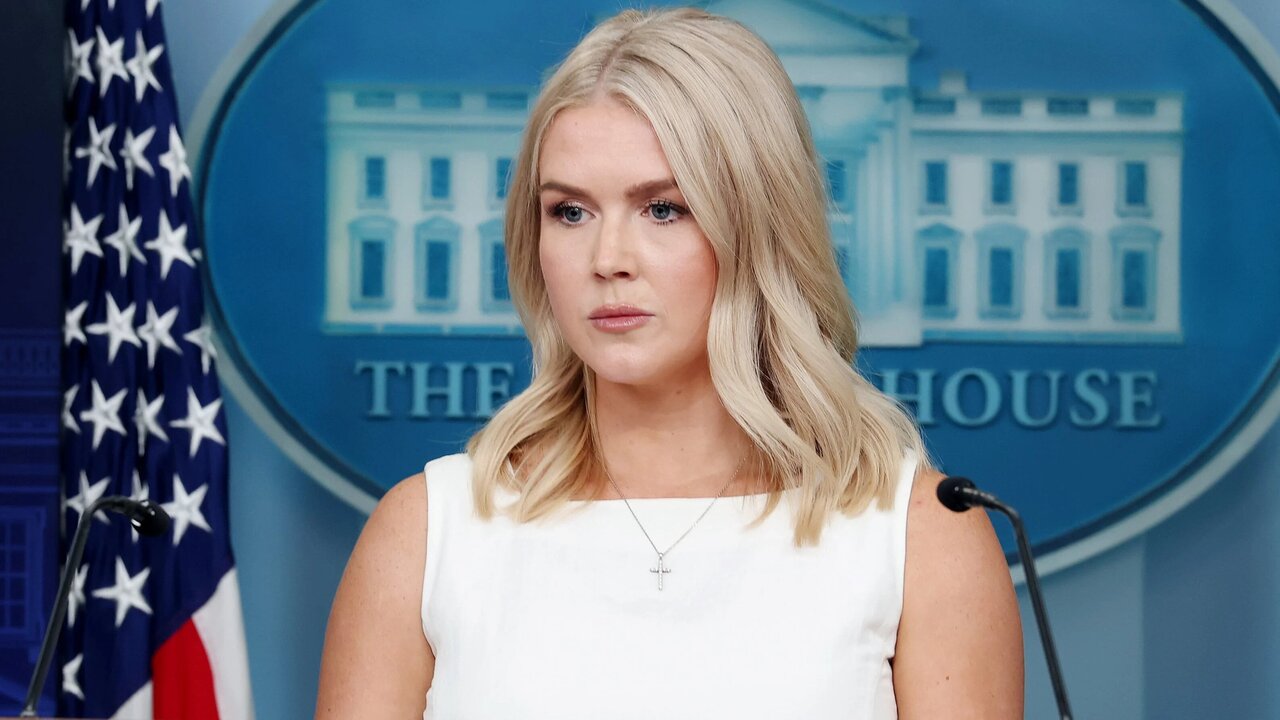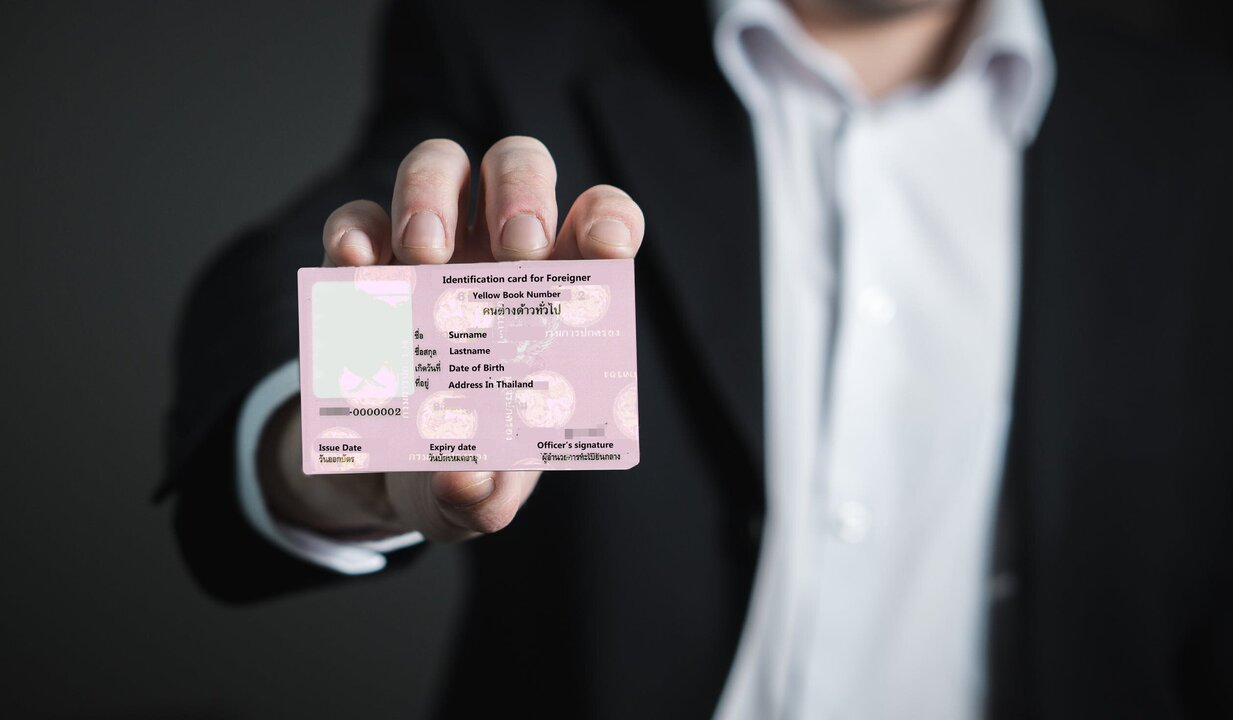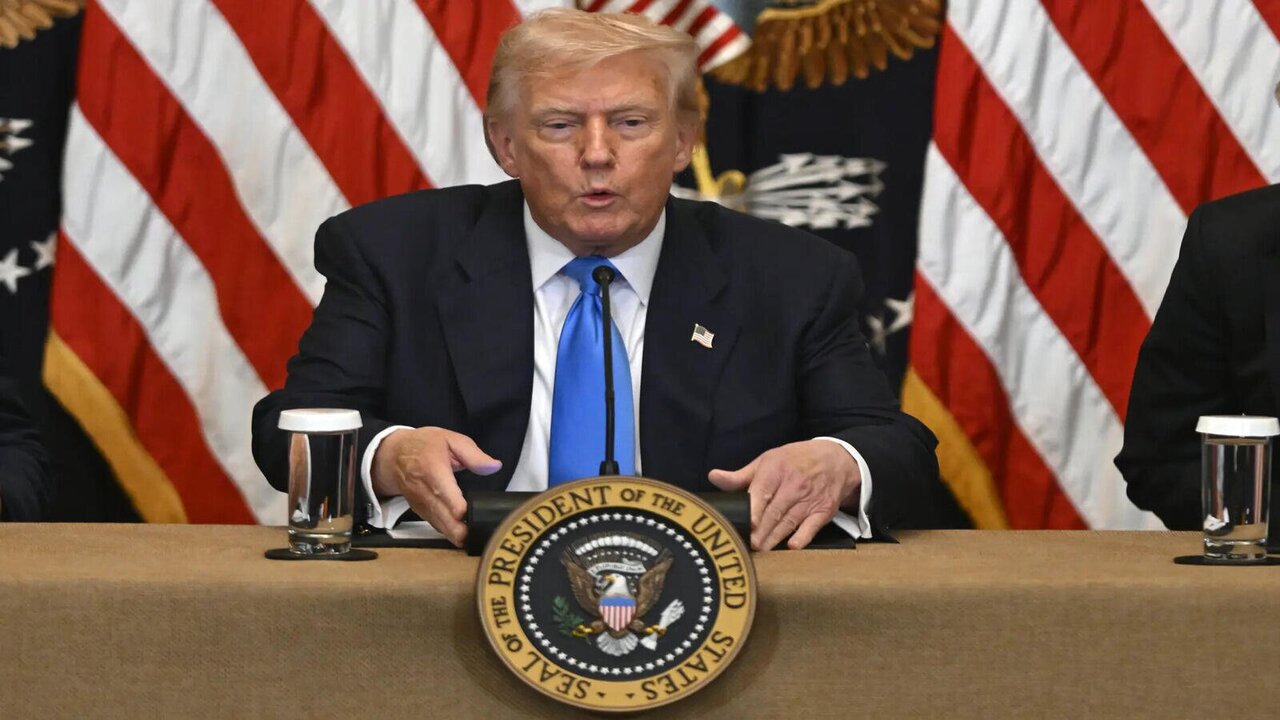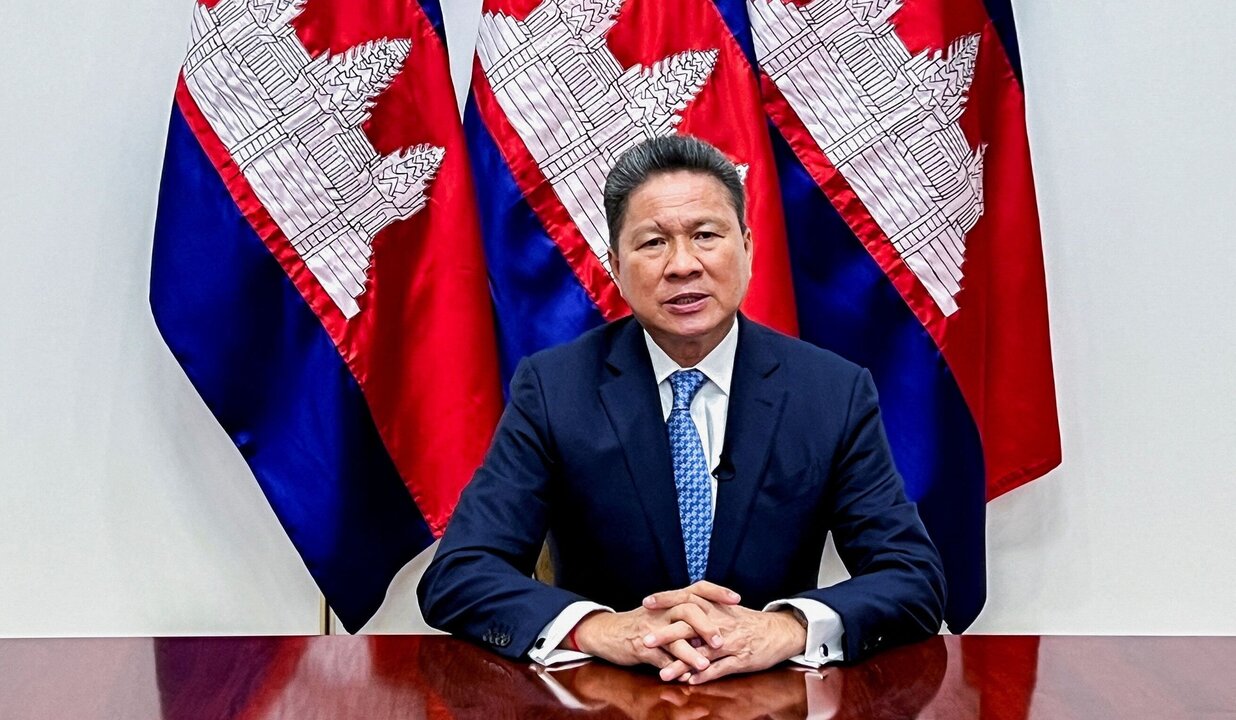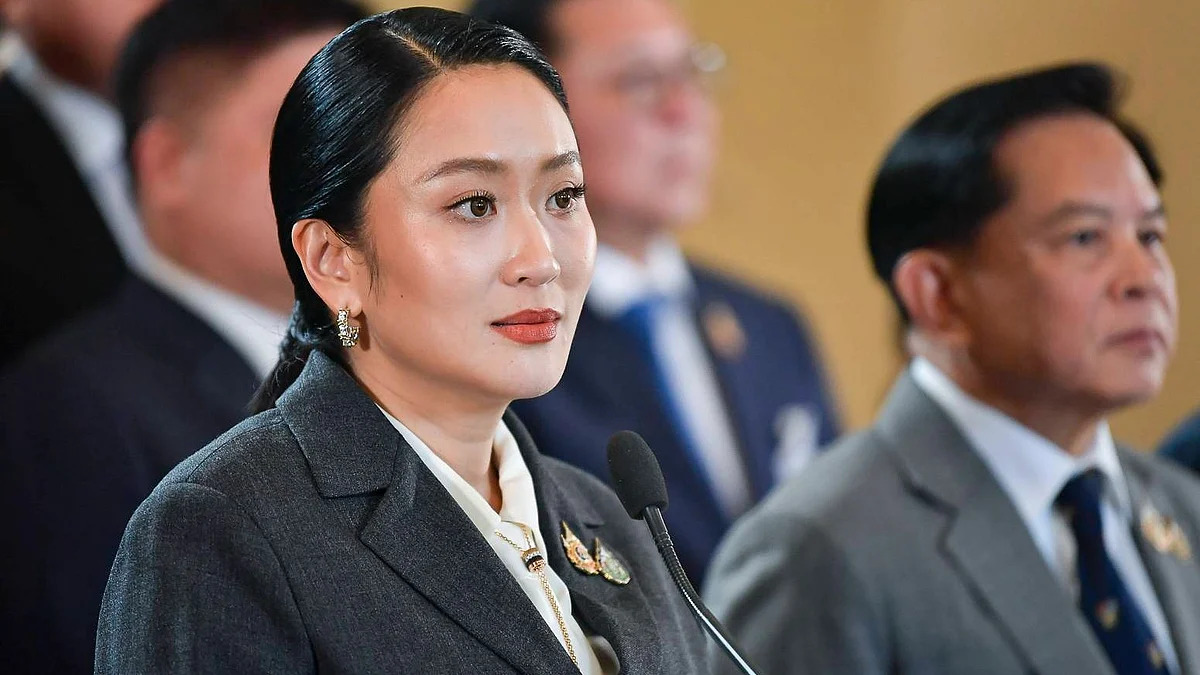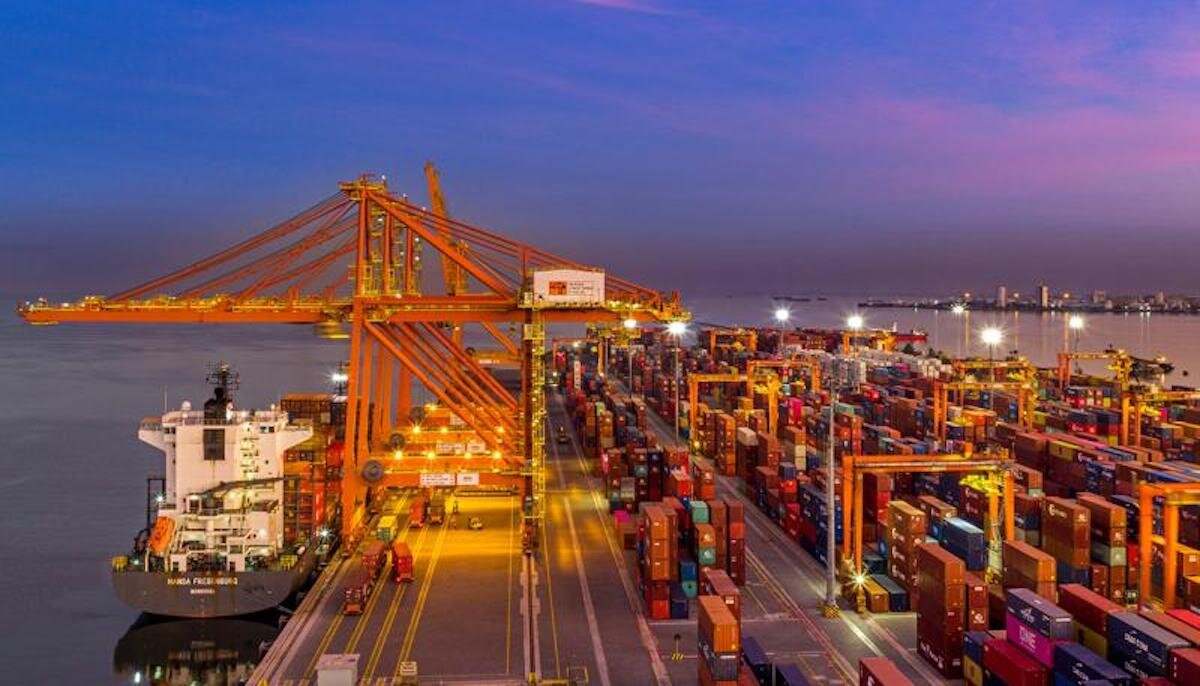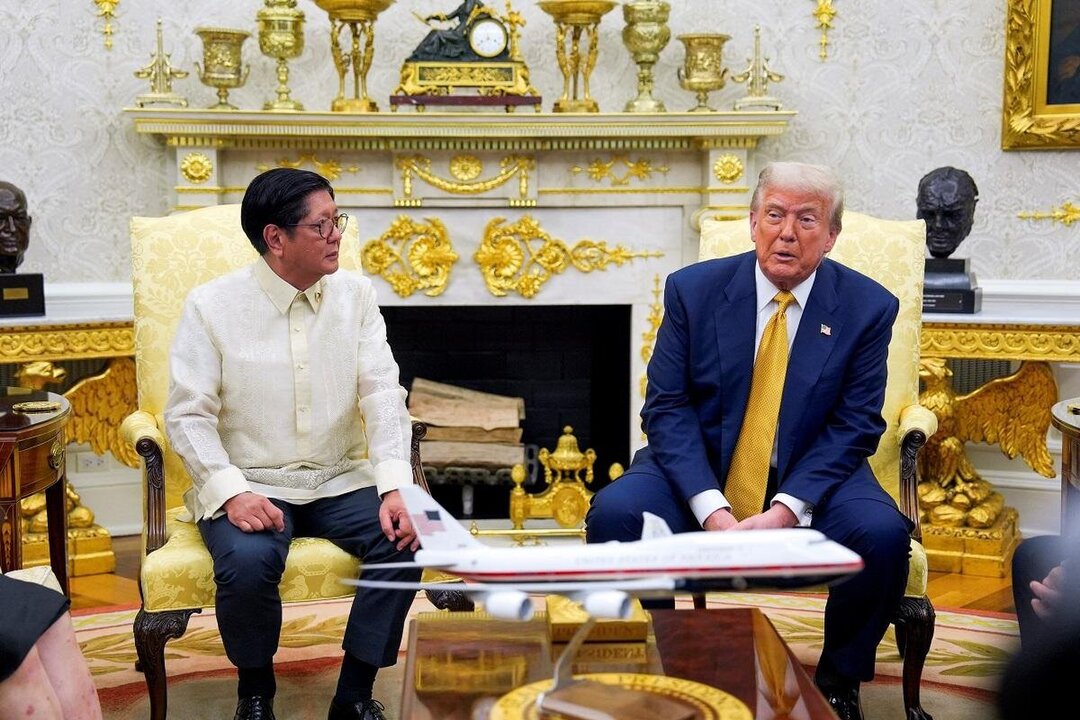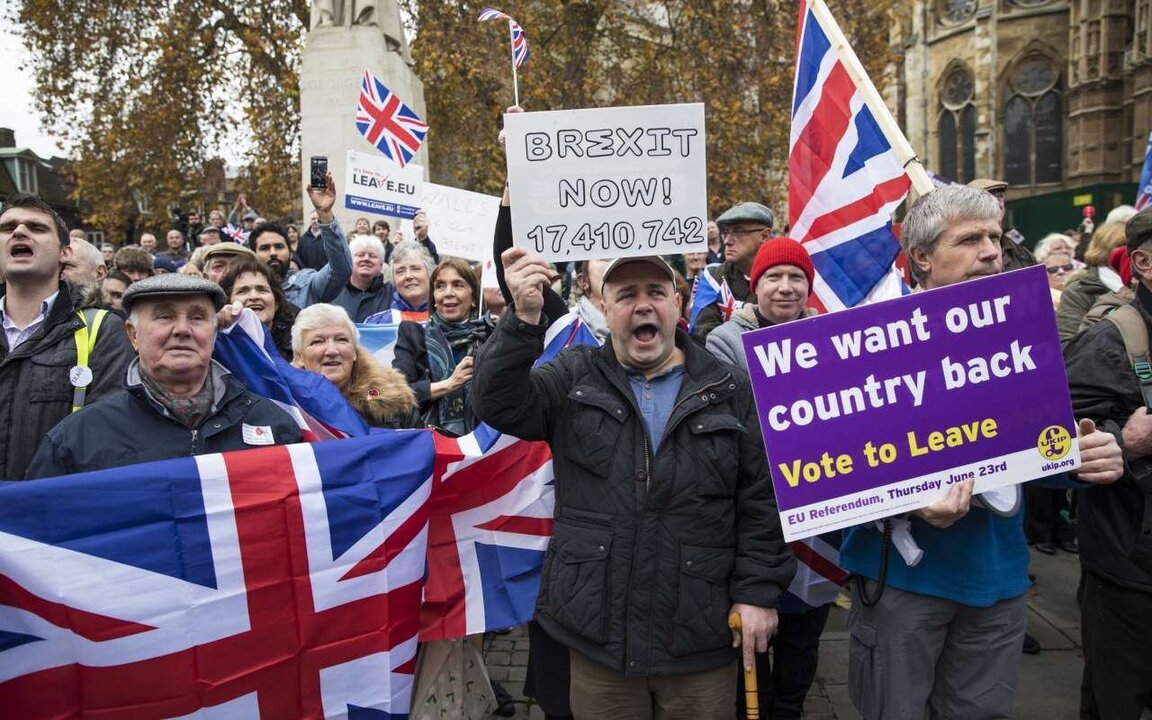The decision, delivered unanimously by the full 11-judge panel of the Court of Appeals for the Federal Circuit, is unusual in scope and underscores the significance of the case.
Normally, cases are reviewed by a three-judge panel.
The ruling upholds a lower court’s finding that President Trump’s use of IEEPA to implement tariffs targeting fentanyl-related imports and broader reciprocal tariffs exceeded the statute’s limits.
The court determined that while the president holds some emergency trade powers, the authority to impose tariffs rests primarily with Congress except in narrowly defined circumstances.
The decision will take effect on October 14, though tariffs remain in place until that date.
The case was brought forward by five businesses and a coalition of Democratic state attorneys general, who argued that invoking IEEPA to address drug trafficking and trade imbalances did not constitute a national emergency under the law.
The court agreed, reinforcing that tariff powers are constitutionally tied to congressional authority.
Despite the ruling, the Trump administration has emphasized that IEEPA was chosen for its flexibility and speed, allowing immediate action to safeguard American economic and national security interests.
Supporters point to the substantial revenue generated — estimated at roughly $400 billion annually, with projections suggesting as much as $4 trillion over a decade — which has offset tax cuts and bolstered fiscal stability.
Even some lawmakers who opposed Trump politically have acknowledged the significant fiscal benefits of tariff revenues.
Legal experts anticipate the administration will petition the U.S. Supreme Court, either through a writ of certiorari or an emergency appeal, to reinstate the tariffs.
In the meantime, alternative legal pathways remain open to the president, including tariff authority under Sections 201 and 122, or direct congressional authorization.
The outcome carries international implications, particularly in ongoing trade negotiations with major partners such as China.
Analysts note that foreign governments will closely monitor how Washington responds to ensure clarity on the future of U.S. tariff policy.
While the court decision limits one avenue of presidential trade authority, President Trump retains multiple tools to pursue his longstanding objective of protecting American industry, securing fair trade, and confronting the inflow of dangerous drugs such as fentanyl.



